News
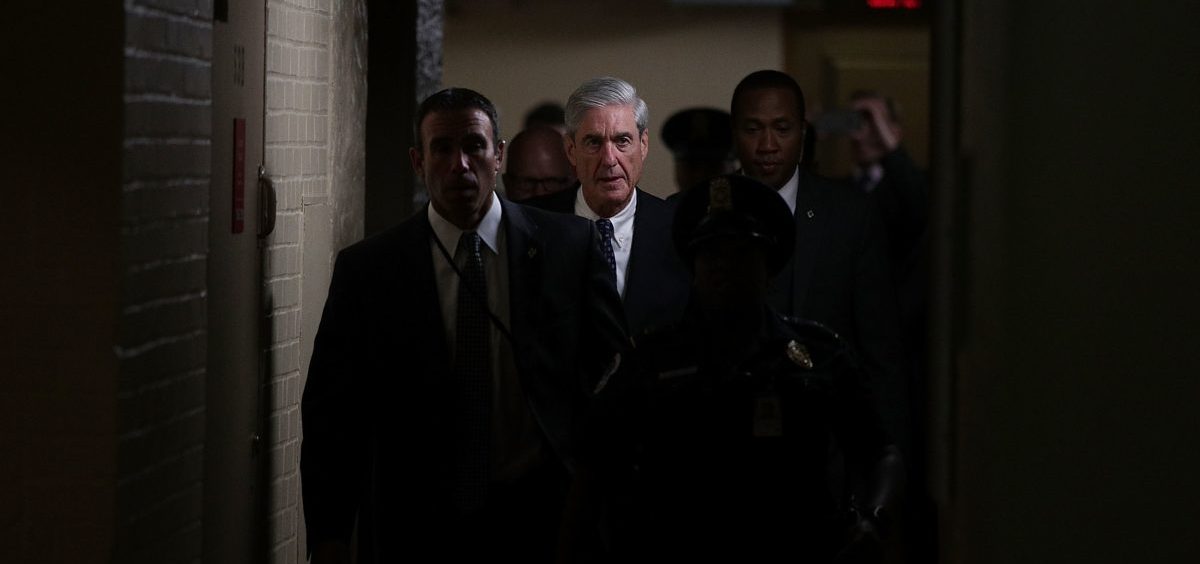
All The Criminal Charges To Emerge So Far From Robert Mueller’s Investigation
By: Jason Breslow | NPR
Posted on:
Updated 1/25/19 at 8:45 a.m. ET
The longer special counsel Robert Mueller’s investigation into Russian interference in the 2016 election has gone on, the more President Trump has railed against it. Since the investigation began in May 2017, the president has taken to Twitter and dismissed it as a “witch hunt” more than 125 times.
That criticism aside, the special counsel investigation has resulted in criminal counts against more than 30 people and three Russian entities. And while the final outcome of the Mueller probe remains far from certain, it has already generated new insights into how Russia targeted the election, the presidential transition and Trump’s business empire.
Here’s a closer look at where things stand:
Indicted: Roger Stone
Roger Stone, a longtime informal adviser to President Trump and a self-proclaimed “dirty trickster,” was arrested by FBI agents at his home in Florida and charged with seven counts, including obstruction, witness tampering and making false statements in relation to Russian interference in the 2016 election.
The special counsel’s indictment alleges that Stone was in regular contact with WikiLeaks (identified in the indictment as “Organization 1”) and the Trump campaign at key moments as stolen emails from the Democratic National Committee and the Clinton campaign were being released to the public ahead of Election Day in 2016. The timing of these communications, prosecutors allege, suggest officials in the Trump campaign knew ahead of time that WikiLeaks’ had stolen the emails and was prepared to leak them.
According to the indictment:
“After the July 22, 2016 release of stolen DNC emails by Organization 1, a senior Trump Campaign official was directed to contact Stone about any additional releases and what other damaging information Organization 1 had regarding the Clinton Campaign.”
The indictment says Stone “thereafter told the Trump Campaign about potential future releases.”
As NPR’s Philip Ewing and Tamara Keith note, the indictment is the first to charge an American in relation to the theft and release of stolen Democratic Party emails. Moreover, “it shows Mueller wants to try to prove that at least one person in the Trump campaign’s orbit colluded with Russian’s election interference.”
Stone has repeatedly denied that he played any role in helping the Russian attack on the 2016 election. In May, he told NPR that the special counsel was “following a fake news narrative, which continues to repeat incorrectly that I had advance knowledge of the content source or exact timing of the WikiLeaks disclosures.”
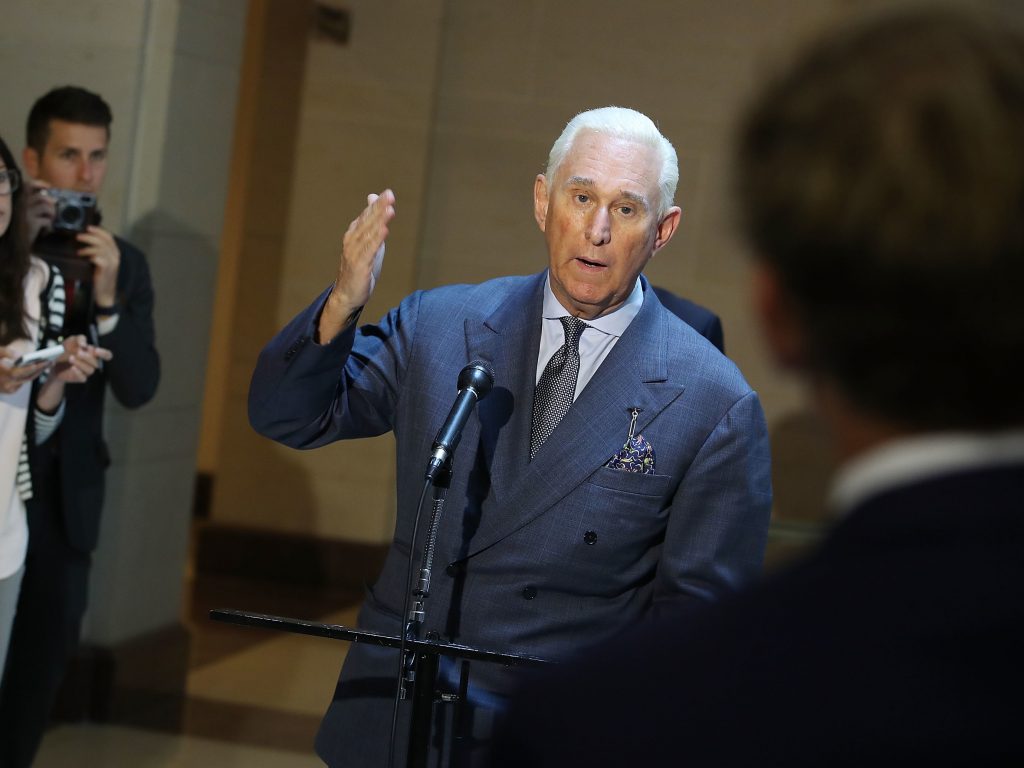
Convicted: Paul Manafort
President Trump’s former campaign chairman pleaded guilty in September 2018 to conspiracy against the United States and conspiracy to obstruct justice — charges that stemmed from a range of alleged crimes committed over more than a decade as a lobbyist, and later, a member of the Trump campaign.
Manafort had been set to go on trial in Washington, D.C., but his plea meant his case did not go before a jury.
As part of his plea deal, Manafort agreed to cooperate with the Mueller investigation, but in November, the special counsel’s office told a federal judge he had “breached the plea agreement.”
Prosecutors said Manafort committed new crimes “by lying to the Federal Bureau of Investigation and the Special Counsel’s Office on a variety of subject matters.” Manafort’s attorneys said he gave the government useful information.
In an earlier case, a federal jury found Manafort guilty on eight of the 18 counts he faced in a sprawling tax and bank fraud case.
It marked an important milestone for the Mueller investigation: the first case to reach trial. Prosecutors accused Manafort of failing to pay taxes on millions of dollars that he earned as a consultant for pro-Russia politicians in Ukraine and kept hidden from the IRS.
The jury deadlocked on 10 counts, prompting U.S. District Judge T.S. Ellis III to declare a mistrial on those remaining charges.
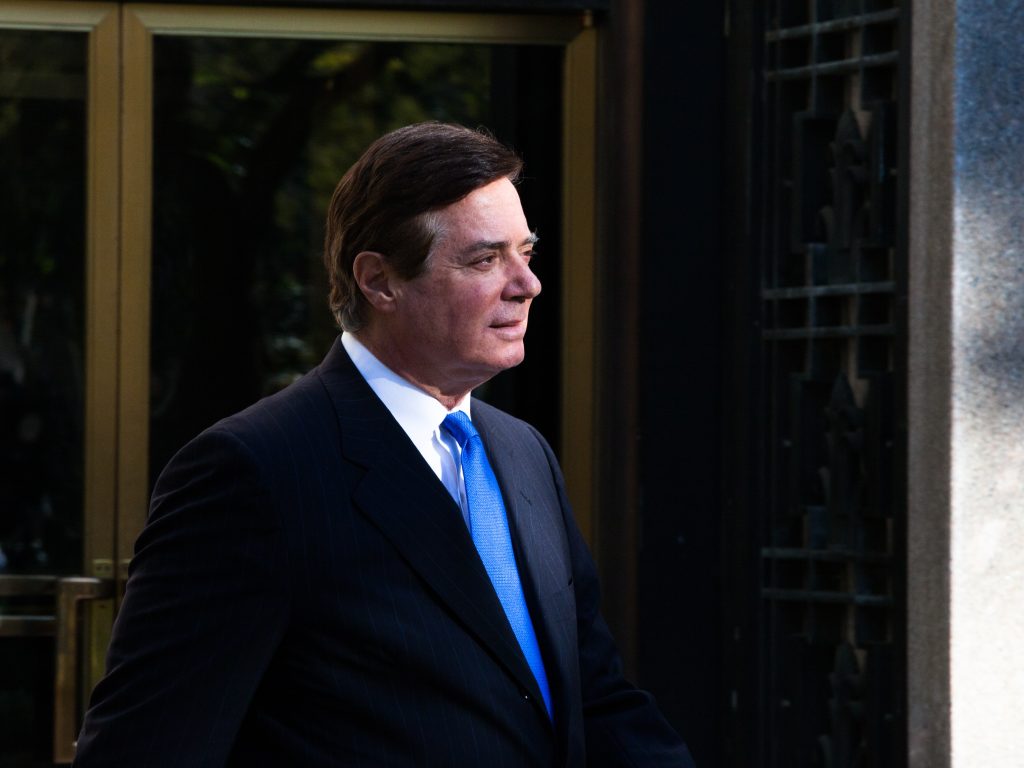
Pleaded guilty: Michael Cohen
At one time, lawyer Michael Cohen said he would “take a bullet” for Donald Trump. But by pleading guilty in November 2018 to lying to Congress, Cohen raised new questions about Trump’s business interests in Russia during a pivotal period of the 2016 presidential campaign.
Cohen admitted that he lied when he told Congress that discussions about a potential Trump Tower project in Moscow ended in January 2016. Actually, he said, they continued through June of that year.
According to court documents, Cohen also initially said that his overtures to the Russian government went unrequited, but as talks progressed, he eventually heard back from a top aide to Russian President Vladimir Putin: Dmitry Peskov.
Cohen also pleaded guilty in August 2018 to five counts of tax evasion, one count of falsifying submissions to a bank and two campaign finance violations — a plea that directly implicated the president.
The campaign finance violations stem from two payments that Cohen helped arrange ahead of Election Day in 2016 to buy the silence of former Playboy model Karen McDougal and the adult film actress Stephanie Clifford, also known as Stormy Daniels. The women say they had sexual relationships with Trump.
Trump has acknowledged that he reimbursed Cohen for a $130,000 payment to Clifford — but denies the alleged relationships with both women.
Cohen told a federal judge that he made the payments “in coordination with and at the direction of a candidate for federal office,” and that he did so “for the principal purpose of influencing the election.”
On Dec. 12, 2018, Cohen was sentenced to 36 months in prison. He had been facing as many as 63 months. Cohen was also ordered to pay nearly $2 million for his crimes.
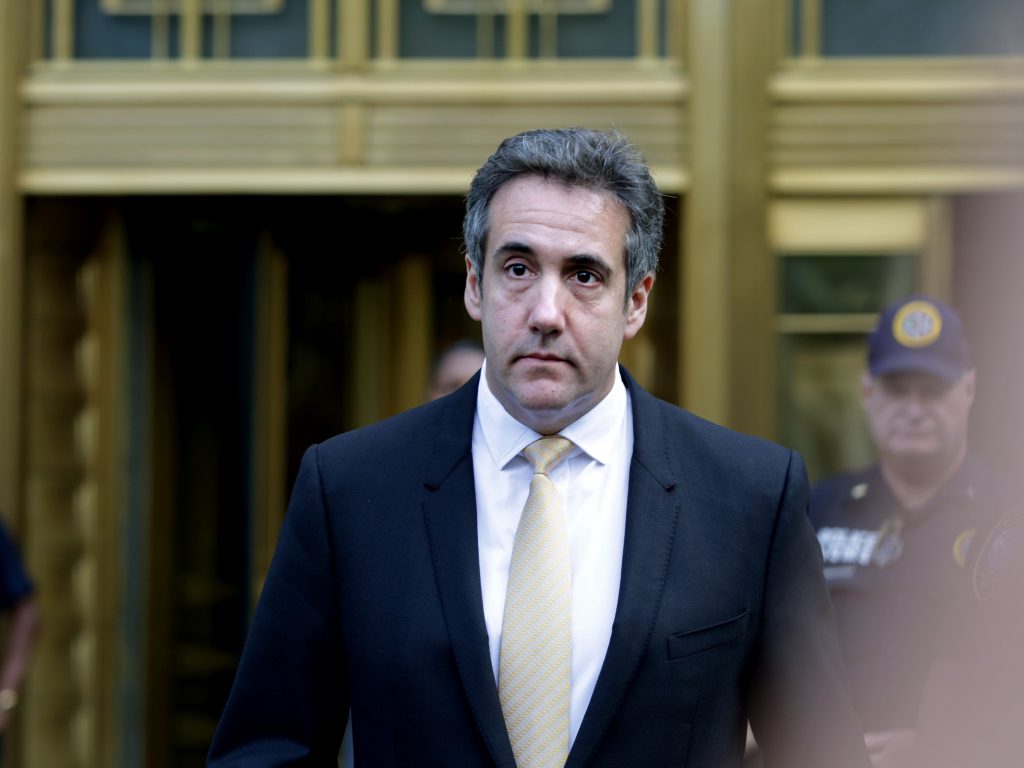
Pleaded guilty: W. Samuel Patten
W. Samuel Patten pleaded guilty in August 2018 to failing to register as a foreign agent for lobbying work he performed for a political party in Ukraine called Opposition Bloc.
Prosecutors said Patten partnered with a Russian national to lobby on behalf of the pro-Russia party, providing political consulting to members, including an unnamed Ukrainian oligarch. They received more than $1 million for that work, which included setting up meetings with government officials and members of Congress, and drafting op-eds to appear on behalf of the oligarch inside U.S. news outlets.
Though unnamed in court papers, the Russian national is believed to be Konstantin Kilimnik, who for years worked closely with Paul Manafort in Ukraine. Patten’s case was brought by the U.S. Attorney’s Office for the District of Columbia on a referral from the special counsel.
Patten has not yet been sentenced.
Read the criminal information // More from NPR
Pleaded guilty: Rick Gates
Like Manafort, Rick Gates was once a top aide to Trump, serving as his deputy campaign chairman during the 2016 presidential race, and later, as a senior aide on the presidential inaugural committee.
Before that, Gates spent years as Manafort’s protege.
Gates agreed to cooperate with the Mueller investigation after pleading guilty in February 2018 to financial fraud and lying to federal investigators.
He was originally charged alongside Manafort with conspiracy to launder money, making false statements and other charges in connection to their work advising Russia-friendly politicians in Ukraine.
At Manafort’s trial, Gates testified that he and his former partner used offshore bank accounts and wire transfers in order to hide money from the IRS. Gates faces as much as six years in prison. He has continued cooperating with the government as its investigations go forward and has not yet been sentenced.
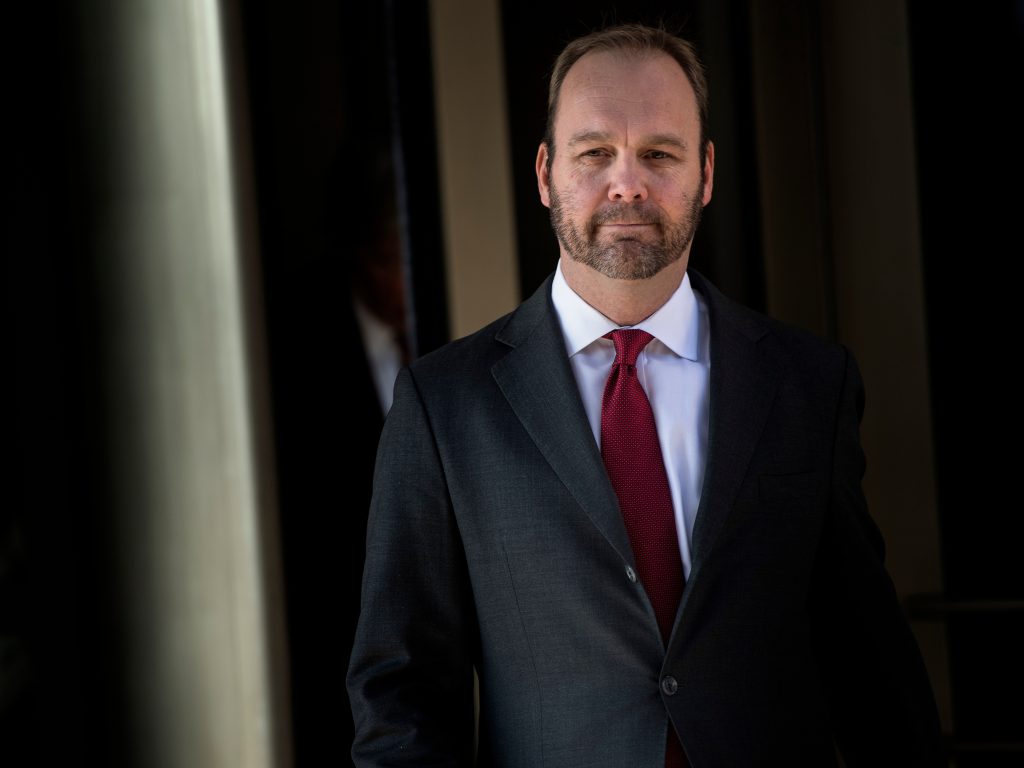
Pleaded guilty: Alex van der Zwann
Alex van der Zwann became the first person to be sentenced in the Mueller probe after he pleaded guilty to lying to investigators.
The son-in-law of a Russia-based billionaire, van der Zwaan acknowledged in federal court in February 2018 that he misled investigators about a conversation he had with Rick Gates, the former Trump campaign aide, in September 2016.
The conversation focused on a report that van der Zwann’s law firm prepared about the prosecution of Yulia Tymoshenko, a political rival of former Ukrainian president Viktor Yanukovych.
He was sentenced to 30 days in prison and a $20,000 fine.
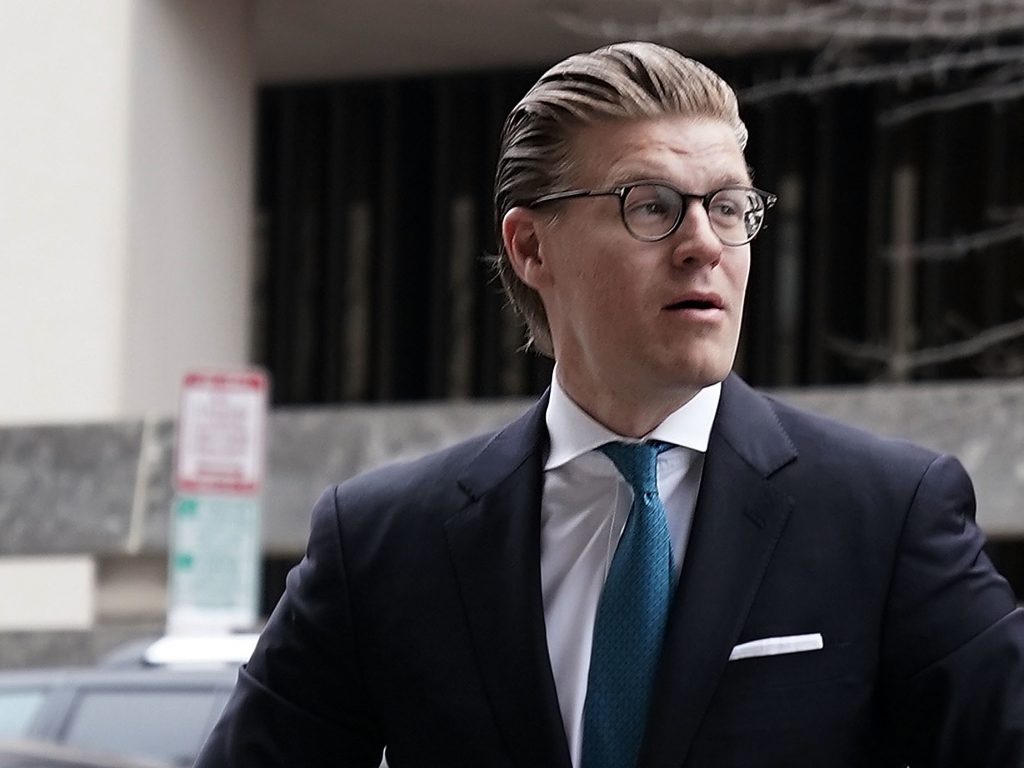
Pleaded guilty: Richard Pinedo
Richardo Pinedo is a California man who in February 2018 pleaded guilty to identity fraud.
Pinedo admitted to making tens of thousands of dollars by creating hundreds of bank accounts, often using stolen identities. He then sold those accounts on the Web to unidentified foreign users.
It’s unclear to what extent, if any, those users included suspects connected to the Russia investigation. But it’s possible they were used as part of a scheme described by Mueller’s office in which Russians intent on attacking the 2016 election moved money around the world to pay for virtual private networks, Web hosting services and other such cyber-tools.
In an interview with The New York Times, Pinedo’s attorney, Jeremy I. Lessem, said that if his client’s actions did assist “any individuals, including foreign nationals, with interfering in the American presidential election, it was done completely without his knowledge or understanding.”
Pindedo was sentenced to six months in prison, six months of home confinement and 100 hours of community service.
Read the statement of the offense
Pleaded guilty: Michael Flynn
During the 2016 campaign, Michael Flynn led chants of “lock her up” at the Republican National Convention, and after Trump’s victory, was appointed to serve as his first national security adviser.
But he lasted less than a month on the job before resigning, and in December 2017, he pleaded guilty to lying to the FBI about his contacts with the Russian ambassador during the transition.
The single count against Flynn related to discussions with ambassador Sergey Kislyak around two issues: Obama administration sanctions on Russia and a United Nations resolution condemning Israeli settlements.
According to court documents, Flynn denied to investigators that he asked Kislyak to either defeat or delay the U.N. vote on settlements, and that he also asked the Russians to refrain from retaliating against the sanctions. The government said Flynn was directed by “a very senior member” of the transition team.
Flynn, a former Army general, would eventually admit to misleading the FBI about those conversations, and as part of his plea deal, agreed to cooperate with the special counsel’s investigation. Ahead of his sentencing hearing, prosecutors said Flynn had provided “substantial” aid with “several ongoing investigations,” telling a court his assistance merited a judge’s consideration.
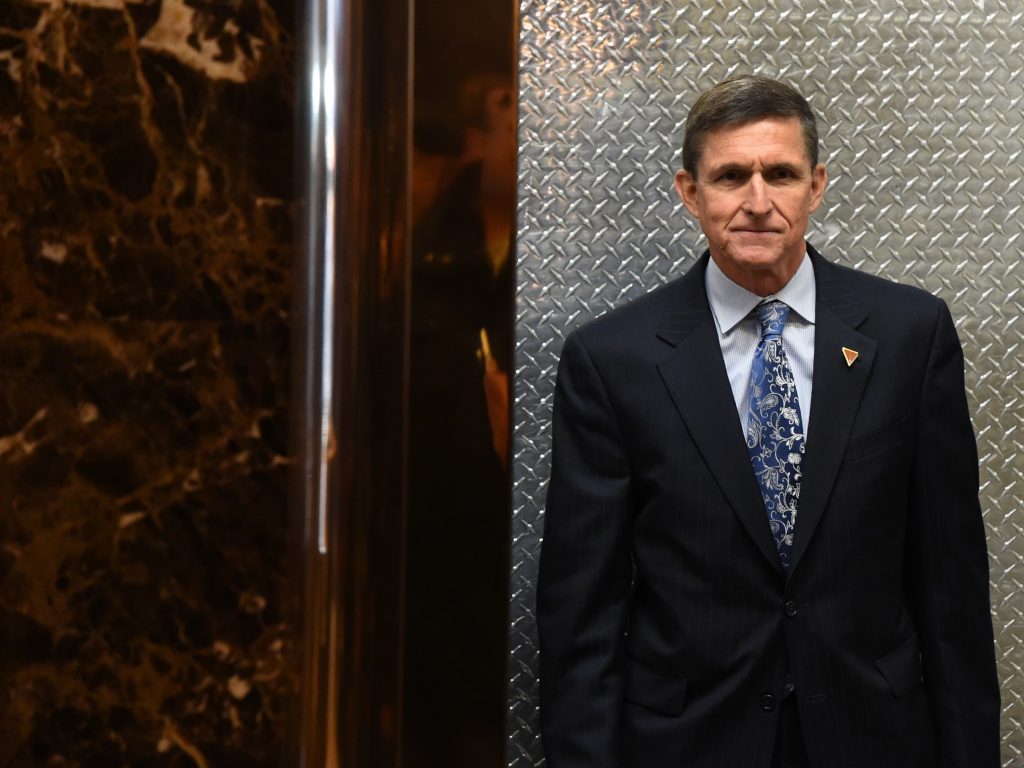
Pleaded guilty: George Papadopoulos
George Papadopoulos was the first person charged in the Mueller investigation and pleaded guilty in October 2017 to lying to the FBI.
Papadopoulos was a junior foreign policy adviser to the Trump 2016 campaign — one of a number brought on early amidst questions about who would advise Trump about foreign affairs. Trump once praised him as an “excellent guy.”
In January 2017, the FBI questioned Papadopoulos about his interactions with a professor based in London with links to the Russian government. The official told Papadopoulos that the Russians had “dirt” on Hillary Clinton in the form of “thousands of emails,” according to court documents.
Prosecutors say Papadopoulos went on to use the professor’s connections in an effort to arrange a meeting between the Trump campaign and Russian officials.
In his interview with the FBI, Papadopoulos originally described the professor as “a nothing,” but investigators said that “In truth … Papadopoulos understood that the professor had substantial connections to Russian government officials.”
Papadopoulos’ attorney said when he was sentenced that he didn’t recall whether he’d communicated the information about the dirt on Clinton to his superiors on the Trump campaign.
He was sentenced to 14 days in prison. In a statement provided to NPR after his release in December 2018, his lawyer emphasized there was no evidence that he colluded with Russia and that he has never been accused of doing so or of being involved in any plot to undermine the presidential election.
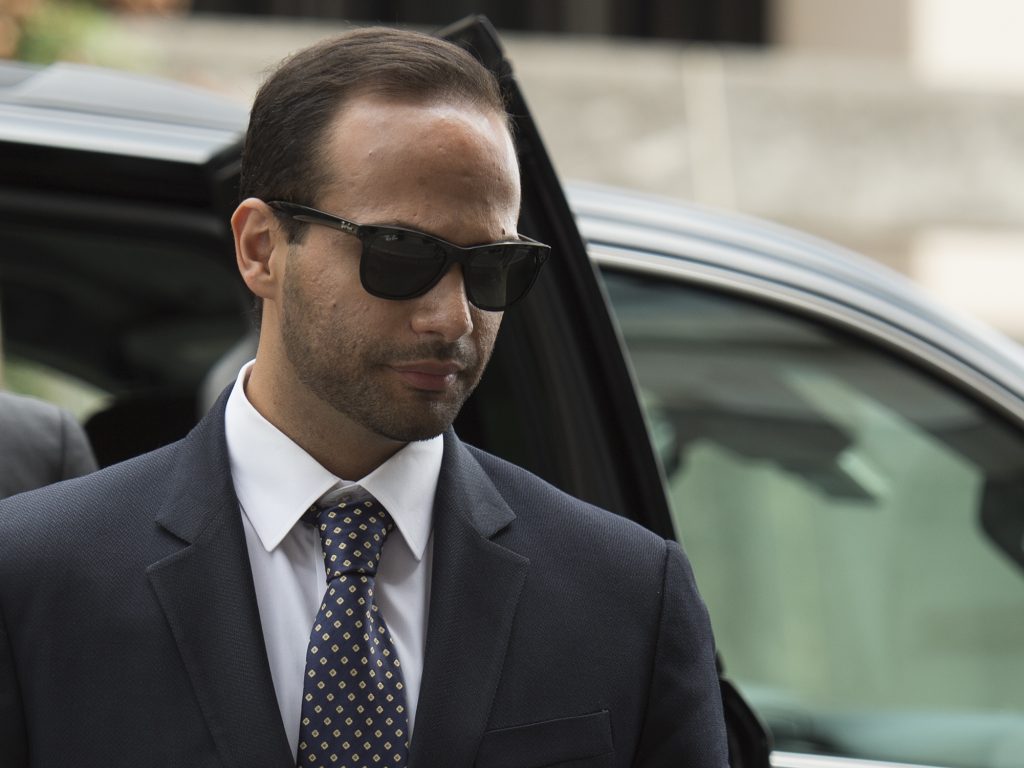
Indicted: Russian Intelligence
In July 2018, the Justice Department brought charges against 12 Russian intelligence officers on a litany of alleged crimes related to Russia’s hacking of the Democratic National Committee, the Democratic Congressional Campaign Committee and the Clinton presidential campaign.
Deputy Attorney General Rod Rosenstein, who announced the charges, said the defendants worked for the Russian government’s Main Intelligence Directorate of the General Staff — known by its Russian initials as the GRU.
In a 29-page indictment, the Justice Department outlined how the attackers were able to access and steal sensitive Democratic Party emails and information, and then carefully timed their release for maximum political impact through fictitious online personas that included “DCLeaks” and “Guccifer 2.0.”
The Russians also targeted state election systems, and stole information related to approximately 500,000 voters. However, because Russia is unlikely to extradite the accused suspects, the case is unlikely to go to trial.
Read the indictment // More from NPR
Indicted: Konstantin Kilimnik
Konstantin Kilimnik worked alongside Paul Manafort in Ukraine for more than a decade. He started as a translator, and later helped run his lobbying operations in Kiev, according to Politico.
In June 2018, the special counsel’s office charged Kilimnik with obstruction of justice for allegedly trying to persuade witnesses to lie to the jury in the government’s then-pending case against Manafort. Ultimately, Manafort pleaded guilty and the matter did not go to trial.
Kilimnik is believed to be living in Russia, meaning it’s unlikely he’ll be extradited to the U.S. for trial.
Read the indictment // More from NPR
Indicted: Russian Internet trolls
A federal grand jury indicted 13 Russians and three Russian entities in February 2018 for what Rosenstein described to reporters as “information warfare” with “the stated goal of spreading distrust towards the candidates and the political system in general.”
At the center of the indictment was the work the Internet Research Agency, the notorious Russian troll farm based in St. Petersburg. It was there, Rosenstein said, that the suspects “took extraordinary steps to make it appear that they were ordinary American political activists.”
They created “hundreds of social media accounts” to divide Americans around polarizing issues, and according to the indictment, “engaged in operations primarily intended to communicate derogatory information about Hillary Clinton … and to support Bernie Sanders and then-candidate Donald Trump.”
The indictment doesn’t assess whether the disinformation scheme succeeded in swaying votes, and the U.S. intelligence community also says it hasn’t assessed what kind of effect the scheme had on the outcome of the 2016 White House race. Barring Russia’s cooperation in extraditing the accused disinformation specialists, they are unlikely to face trial.
Read the indictment // More from NPR
9(MDI4ODU1ODA1MDE0ODA3MTMyMDY2MTJiNQ000))

